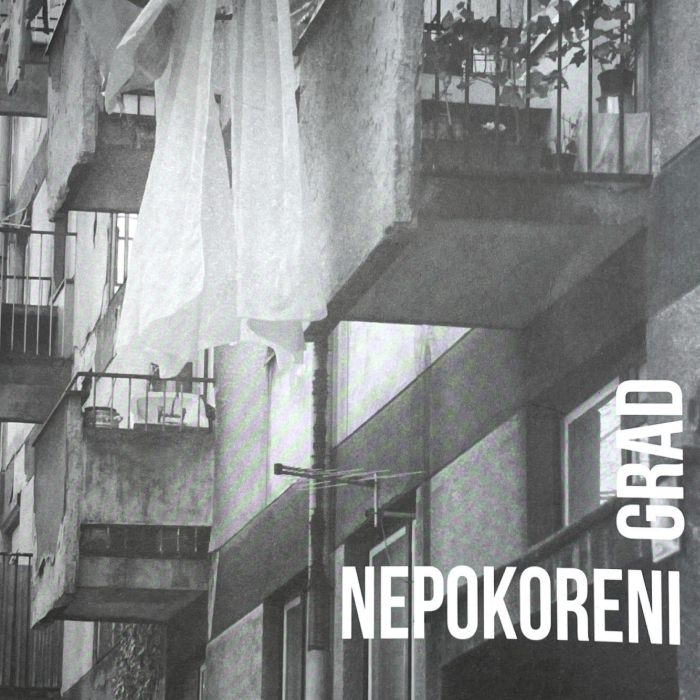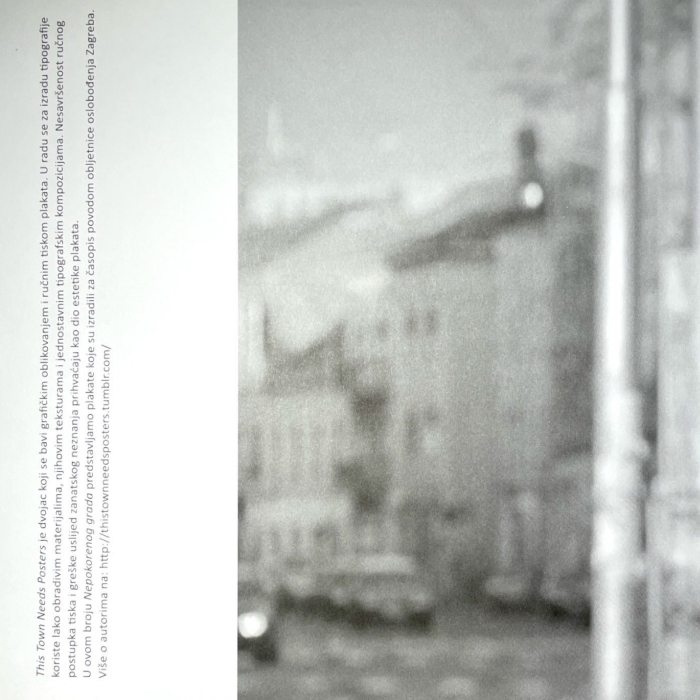Mreža Antifašistkinja Zagreb. «Nepokoreni Grad»(Broj 5,2015)


Low introduction
The central theme of this issue is Trešnjevka. The editorial team focused on one of the districts of Zagreb, understanding that the systemic problems, which may seem abstract to many, are perhaps best defined by examining concrete local communities.
Why Trešnjevka? Trešnjevka still exists in the collective memory of Zagreb residents as a red-working-class district, although its face has changed significantly, especially over the past thirty years. Working-class houses remain scattered amidst new construction of dubious quality; factories have mostly been destroyed or closed down, and the activity of local self-government has been reduced to decisions about building new clinics, kindergartens, and schools in the surrounding streets.
SUPPORT MAZ (Mreža antifašistkinja Zagreb)
The Zagreb Antifascist Network (MAZ) was established in 2007 as the Association of Young Antifascists of Zagreb, with the aim of networking antifascist citizens, especially young people, to promote antifascist values and combat all forms of discrimination and intolerance. This reaction was deemed necessary due to events in Croatia and the region, particularly during and after the 1990s, marked by tolerance towards right-wing tendencies, revisionism, and glorification of the Ustash-regime, as well as denial of crimes against national or religious minorities, denial of antifascist history, and systematic destruction of antifascist heritage, all under the patronage of political and religious elites.
Today, we witness the consequences of these ideologies experiencing a resurgence amidst economic crises, especially among young people joining extreme right-wing groups, whether parties, fans, or others. Hence, we continue our long-standing work under the name "Zagreb Antifascist Network" operating on the principle of direct democracy: no hierarchical structure, with decisions made by thirty active members at monthly meetings. Members gather in working groups based on their interests and abilities, each responsible for specific aspects of MAZ’s activities, thereby implementing the principles of direct democracy within the MAZ working groups. This process fosters the development of positions and actions while strengthening trust among group members.
All issues of the magazine in good quality (PDF) at this link
